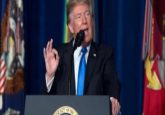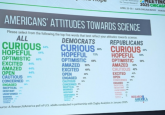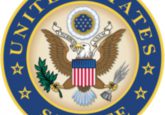Travel bans and science policies
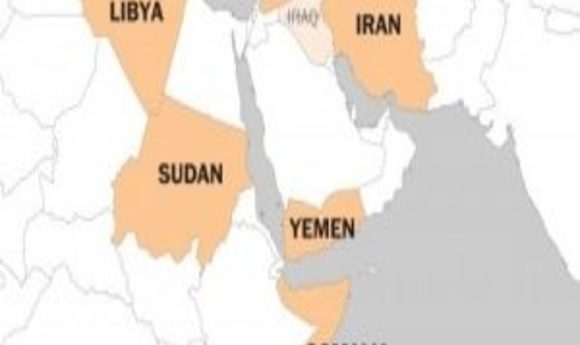
Although seemingly unrelated and only temporarily in effect, policies restricting travel from select nations are sending ripples through the scientific community.
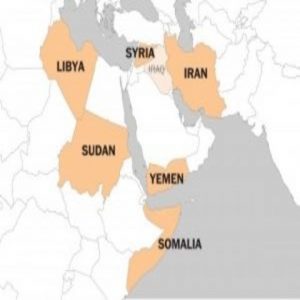
Earlier this year, the new Republican administration enacted two travel bans on passengers traveling to the U.S. from certain nations. While not the intended goal, and despite the fact that the bans were quickly struck down by the judiciary, research science has been affected significantly by these orders.
The Population Reference Bureau reports that the number of foreign-born scientists working in the U.S. has risen dramatically in the past decade (1), with over 120,000 foreign visa holders working in science and engineering in 2011, according to the National Science Foundation. While travel bans deterring scientists from traveling for work or to visit their homes make for dramatic cable television coverage, the real effect is likely to be even further reaching and, due to the time-consuming nature of the peer-review process, may not truly be recognized for some time.
“Everything is integrated in the science world,” said Andrew Rosenberg, director of the Center for Science and Democracy at the Union of Concerned Scientists, “We need to be able to reach out. We need to be able to work with scientists in other countries.”
The United States has long been an oasis for foreign-born scientists with its big, open universities, ample funding, and robust federal support and oversight. “The travel ban not only makes life harder for foreign nationals working in the U.S.,” said Rosenberg, “It also sends a signal to future researchers that the U.S. is no longer a free and open nation.”
Rosenberg said Scandinavia, Germany, Japan, and even China to a degree, all offer a more welcoming environment for scientific research, with more funding opportunities and, except maybe for China, friendlier immigration policies.
It seems unlikely that the Republican administration considered the chilling effect its travel ban would have on research science. The Office of Science and Technology Policy is the executive branch’s very own science policy organization, created by congress in 1976 “to provide the President… with advice on the scientific, engineering, and technological aspects of the economy, national security, homeland security, health, foreign relations, the environment, and the technological recovery and use of resources”(3). Questions sent to the OSTP regarding whether the administration received advisement from the office have as of yet gone unanswered. What is known is that although John Hodren is listed on the OSTP website as director, he no longer holds the post. No one does. And there’s no nominee in sight, suggesting that other policies may be put in place without considering their impact on science.
Rosenberg, who spent years working in academia, research science, and politics before assuming his post at the Union of Concerned Scientists, sees the new administration as willfully ignoring science as a governing strategy. “If we get rid of the science programs that don’t agree with us then we can say we don’t have any evidence,” he said.
With the proposed funding cuts for the EPA, NIH, NOAA, and more, his concern is certainly valid. Without government scientists in place to advise the president on policy, it’s hard to see what role science will play in the new administration.

